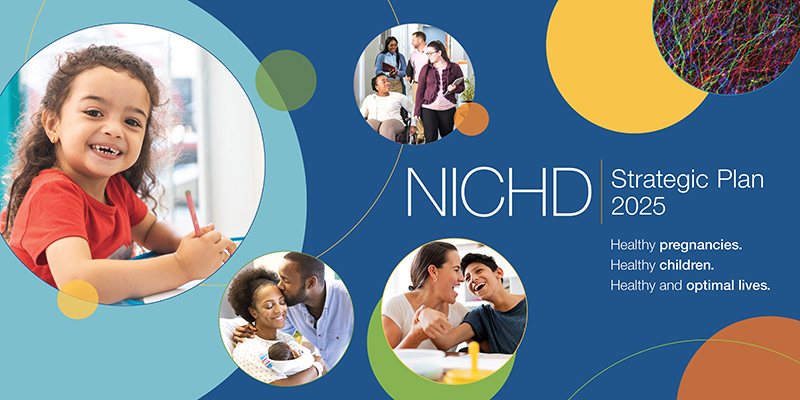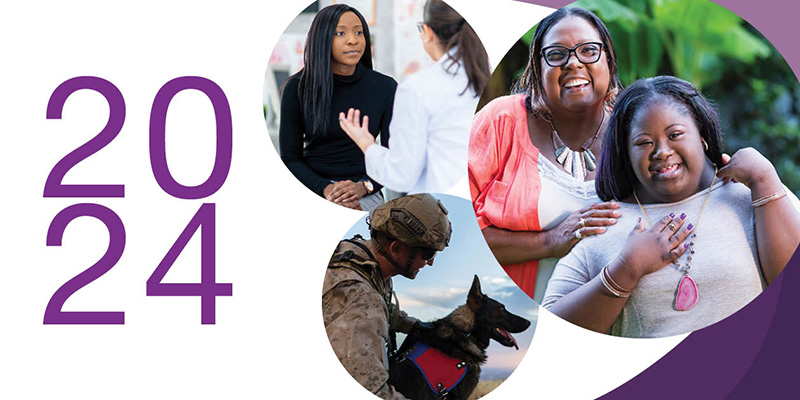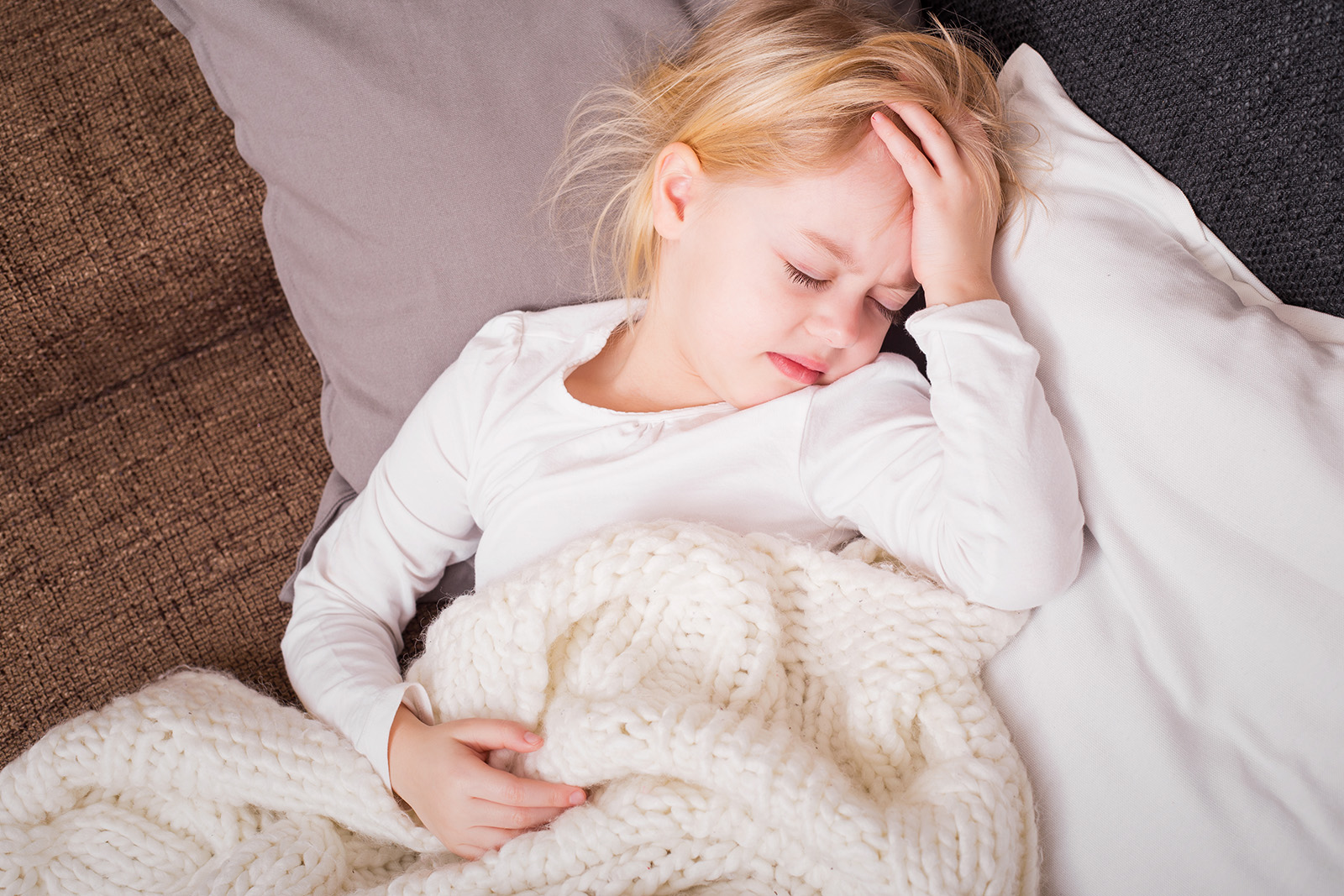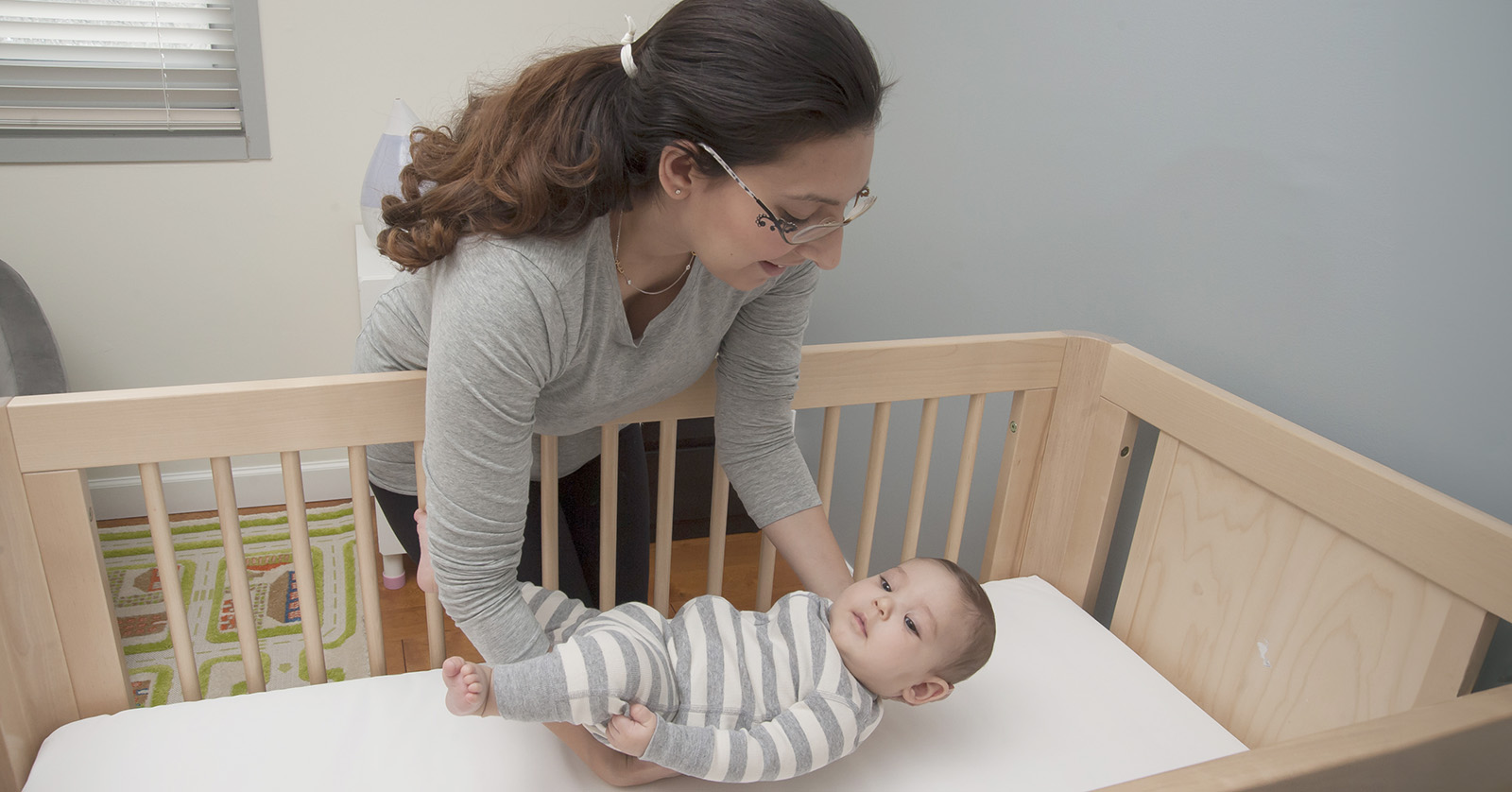Charting a Roadmap for the Next Five Years
Posted on 02/18/2025
 Released in January, the NICHD Strategic Plan 2025 lays out updated priorities to guide the institute’s research over the next five years. While our five major research goals are unchanged, we made substantial updates to reflect shifts in public health priorities and the evolution of new technologies.
Released in January, the NICHD Strategic Plan 2025 lays out updated priorities to guide the institute’s research over the next five years. While our five major research goals are unchanged, we made substantial updates to reflect shifts in public health priorities and the evolution of new technologies.
Reflecting on a Productive 2024
Posted on 01/06/2025
 Each year, NICHD reflects on selected highlights from the past 12 months that demonstrate how public investment in research drives scientific progress and benefits human health. In 2024, NICHD research expanded knowledge of and enhanced care in women’s health, fetal and pediatric health, disabilities, rehabilitation, and more.
Each year, NICHD reflects on selected highlights from the past 12 months that demonstrate how public investment in research drives scientific progress and benefits human health. In 2024, NICHD research expanded knowledge of and enhanced care in women’s health, fetal and pediatric health, disabilities, rehabilitation, and more.
Expanding Knowledge of Pediatric Long COVID and MIS-C
 Posted on 12/02/2024
Posted on 12/02/2024
Like many infectious diseases, COVID-19 can affect children differently than adults. To optimize treatment of pediatric COVID-19 and its long-term complications, we must first understand the unique needs of children.
Enhancing Maternal and Women’s Health
 Posted on 11/04/2024
Posted on 11/04/2024
Understanding and addressing a wide range of women’s gynecological and reproductive health issues are priorities for NICHD. Through research, the institute seeks to support and optimize the health of women throughout their lives.
Optimizing Infant Health
 Posted on 10/01/2024
Posted on 10/01/2024
Our experiences during infancy and childhood affect our health across the lifespan. Through its infant health research, NICHD continues to promote healthy and optimal lives for all children and adolescents, including the tiniest babies.
 BACK TO TOP
BACK TO TOP